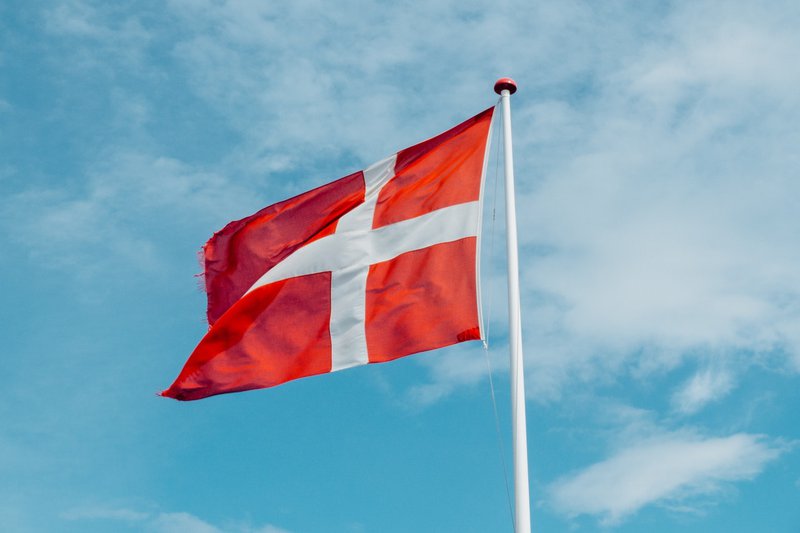Denmark: University Leaders Say Shorter Master’s Programs Cause Uncertainty Among Students
Denmark Europe Higher Education News by Erudera News Apr 03, 2023

The Danish government’s plan to reform higher education, which includes converting half of the two-year master’s programs to one year-programs, was not welcomed by academic leaders.
According to the education reform plan, master’s programs will be shortened from two years to one year and three months, with degrees to be organized during two semesters, followed by a final assignment that must be completed in the summer.
The proposal has drawn criticism from academics and students, who said it could affect the quality of higher education and will not help students’ well-being, as justified by the government, Erudera.com reports.
Commenting on the reform, Brian Bech Nielsen, rector of Aarhus University and chairman of Danish Universities, and Lene Tanggard, rector of Design School Kolding, said that it would cause more uncertainty about the future of students’ careers.
In a joint paper published in Akademikerbladet, they expressed concerns that the reform will not improve students’ well-being but result in the opposite.
“Our own experience is also that well-being rather depends on the activities that take place between classes. If you have a lively study environment and a good reading group, it does not matter if you have ten or twenty weekly teaching hours,” Nielsen and Tanggard wrote in the post.
The said students will have less time for many activities, including internships, student jobs or exchanges.
The new reform in Danish higher education system was introduced earlier in March and plans, among other things, to increase the number of study places for English-language master’s degrees by 1,100 between 2024 and 2028 and by a total of 2,500 from 2029.
“Increased intake of international students is connected to additional expenses on SU (state student grant) but also a larger labour pool,” the Ministry of Higher Education and Science proposal states.
Additionally, there are plans to extend the duration of certain master’s degree programs to three years, especially in fields that are considered more complicated, such as quantum physics and nanotechnology.
According to the EU Commission, the government has proposed the following:
- One-year and three-month master’s degree programs with the main focus on the job market
- Two-year master’s programs that offer a greater degree of specialization
- Two and a half years master’s degree programs with a higher level of specialization
- Part-time master’s degree programs with varying durations where students can work while pursuing their studies
The ministry said that about one in three international students pursuing master’s degrees stay in Denmark for ten years after starting education in the country.
Recent Articles
Switzerland
Apr 19, 2024
United States
Apr 18, 2024
United States
Apr 17, 2024
United States
Apr 17, 2024
United States
Apr 17, 2024


